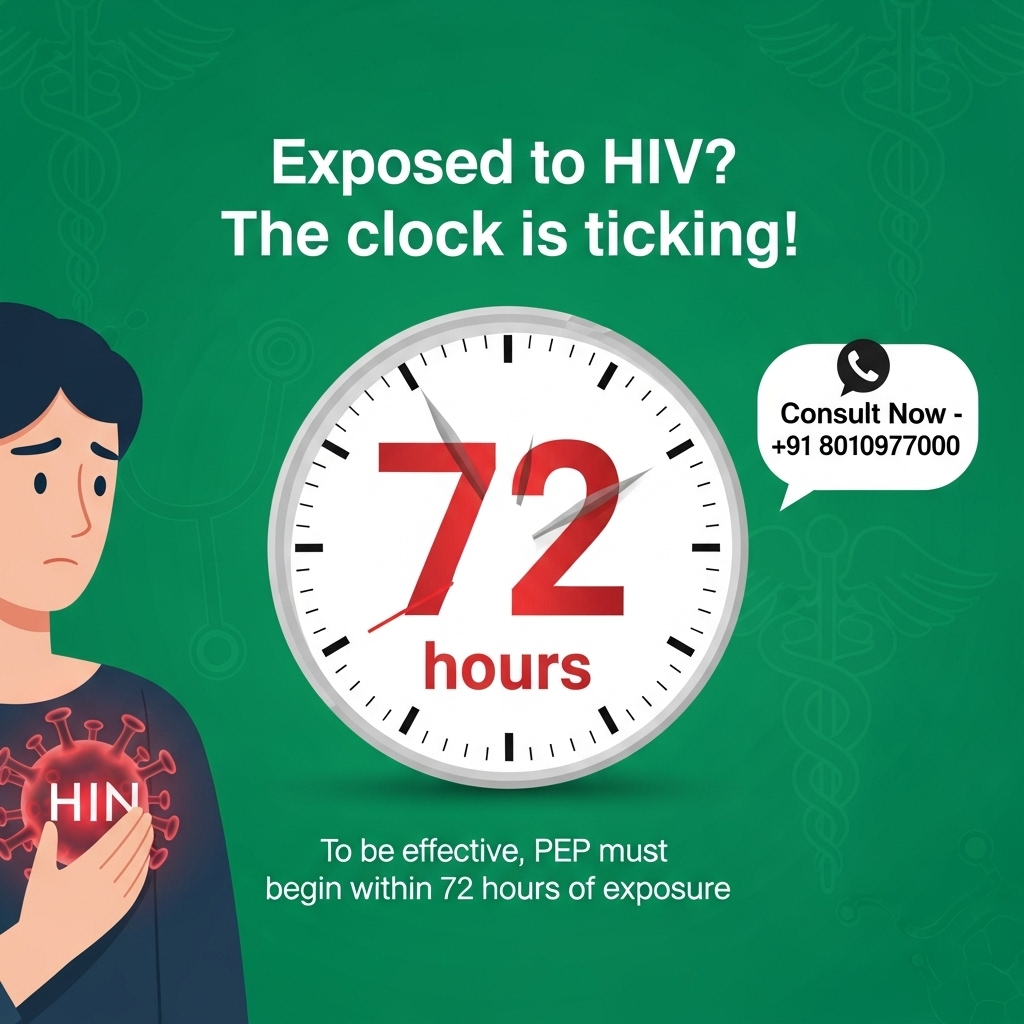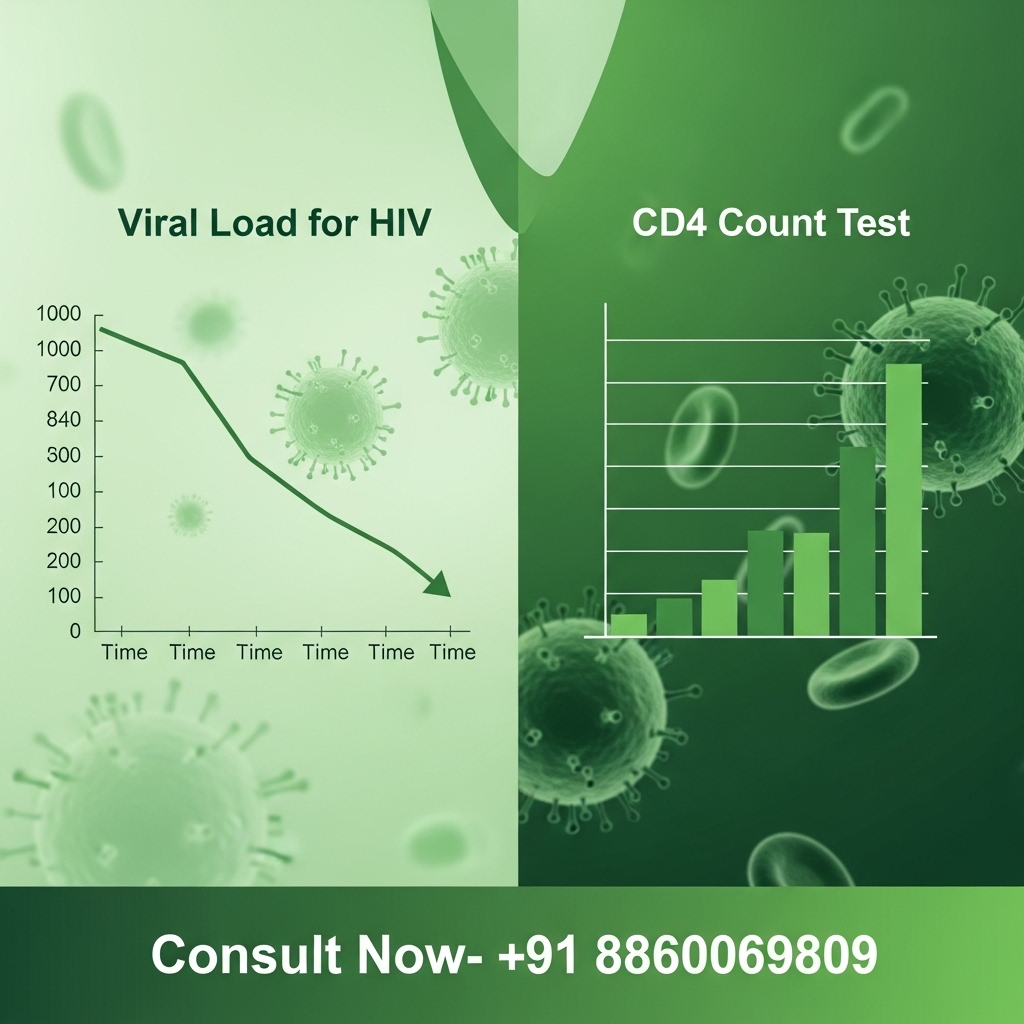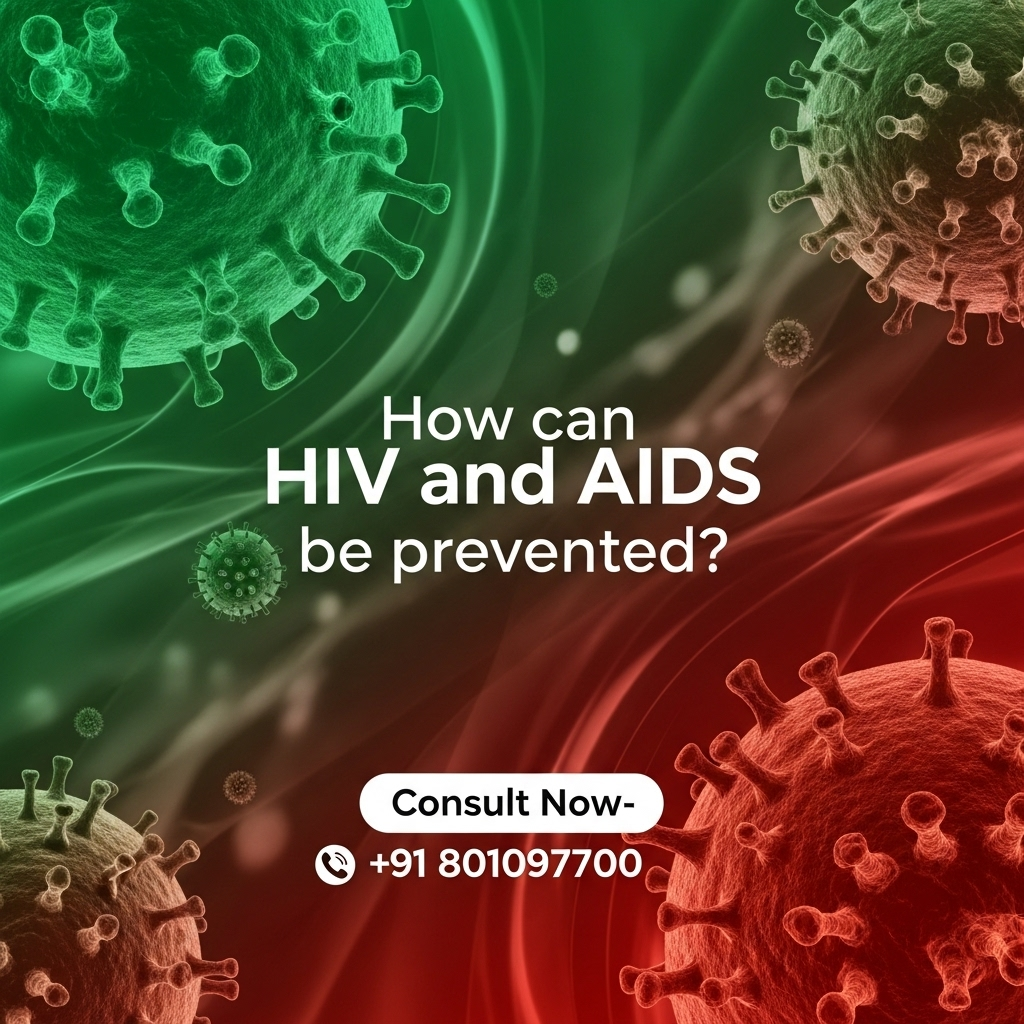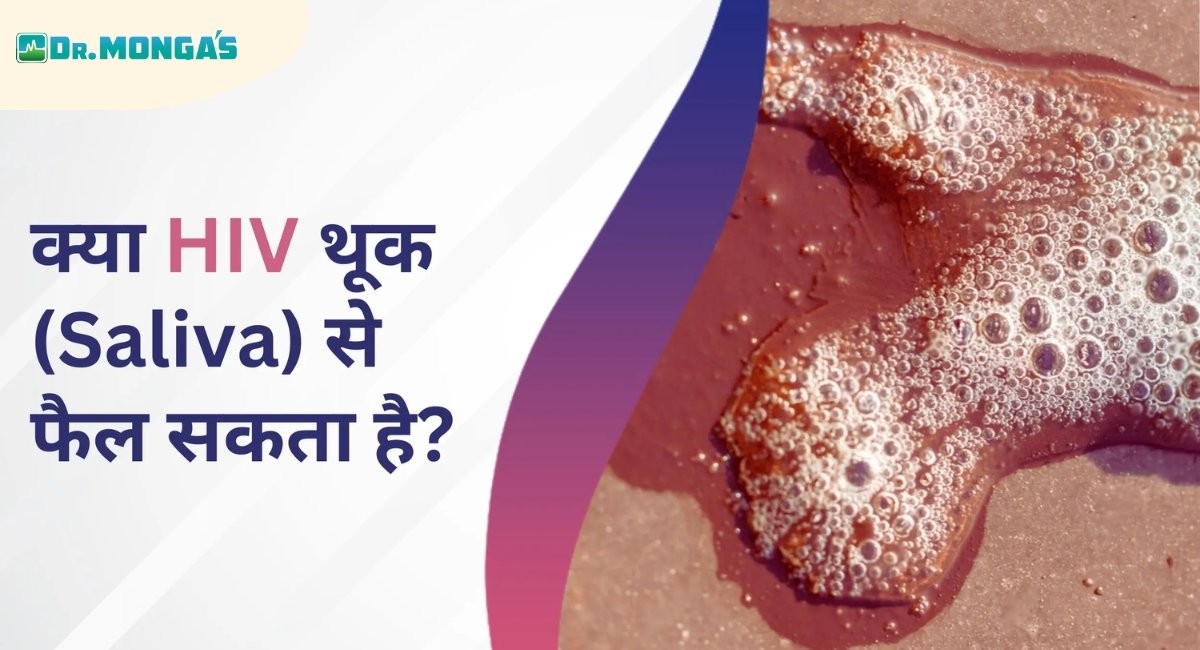HIV, or Human Immunodeficiency Virus, is a virus that attacks the immune system, which serves as the body’s defense against infections and illnesses. Recognizing the early signs of HIV, especially in females, is crucial because early detection and treatment can significantly improve health outcomes. This awareness not only aids in managing one’s health but also helps in taking necessary precautions to prevent the spread of the virus to others. In this article, we will delve into the early signs of HIV in females, equipping you with essential information to better understand this condition and safeguard your health.
HIV is a virus that, if left untreated, can lead to AIDS (Acquired Immunodeficiency Syndrome), a severe condition where the immune system becomes so compromised that it struggles to fight off infections and diseases. The virus specifically targets CD4 cells (T cells), which are vital for immune function. The gradual destruction of these cells weakens the immune system over time. While both males and females can contract HIV, the symptoms and health implications can manifest differently in women due to biological differences and reproductive health factors. Understanding these differences is important for effective management and treatment.
The impact of HIV on an individual’s health can be profound, affecting not just physical well-being but also emotional and social aspects of life. Women, in particular, may face unique challenges, such as dealing with reproductive health issues and the potential impact on pregnancy. Early detection through regular testing and awareness of symptoms is key to managing the virus effectively. With modern medical advancements, individuals living with HIV can lead long and healthy lives, provided they receive timely diagnosis and adhere to treatment regimens.

Acute Retroviral Syndrome (ARS)
One of the earliest signs of HIV is Acute Retroviral Syndrome (ARS), also referred to as primary HIV infection. This stage occurs approximately two to four weeks after the initial exposure to the virus and is characterized by a group of flu-like symptoms. These symptoms can include:
- Fever: A persistent, low-grade fever is a common early sign, often accompanied by night sweats that can disrupt sleep and cause discomfort.
- Fatigue: An overwhelming sense of tiredness or exhaustion without any obvious cause can be a significant indicator, affecting daily activities and overall energy levels.
- Swollen Lymph Nodes: Lymph nodes, particularly those in the neck, underarms, or groin, may become enlarged and tender, serving as a bodily response to the infection.
- Sore Throat: A persistent sore throat that doesn’t respond to standard treatments may be a cause for concern and warrants medical attention.
- Rash: A widespread skin rash, often red and itchy, may develop on various parts of the body, signaling an immune response to the virus.
These symptoms are often mistaken for less serious illnesses, making it crucial for individuals to consider HIV testing if they have engaged in risk behaviors.
Gastrointestinal Symptoms
Gastrointestinal issues can also serve as early indicators of HIV in women. These symptoms, which are often overlooked, include:
- Nausea and Vomiting: Persistent nausea that can lead to vomiting may occur without an identifiable cause, impacting appetite and nutritional intake.
- Diarrhea: Frequent, loose stools that continue over a prolonged period can lead to dehydration and weight loss, highlighting the need for medical evaluation.
These gastrointestinal symptoms can significantly affect a woman’s quality of life and may require medical intervention to manage effectively. It’s important to pay attention to these signs, especially if they persist beyond typical illnesses.
Reproductive Health Issues
HIV can have a profound impact on the reproductive health of women, manifesting in various ways that may serve as early indicators:
- Menstrual Changes: Irregular menstrual cycles or more severe premenstrual symptoms can indicate hormonal imbalances caused by the virus’s effect on the body.
- Yeast Infections: Women may experience recurring yeast infections that are more difficult to treat, as the immune system becomes compromised and less effective at controlling fungal growth.
These reproductive health issues not only affect physical well-being but can also have psychological impacts, contributing to anxiety and stress. Being aware of these changes can prompt timely medical consultation and management.
Other Common Symptoms
In addition to the symptoms mentioned above, women with early HIV infection may experience:
- Headaches: Persistent headaches that are more intense and frequent than usual can be a troubling sign, affecting concentration and daily functioning.
- Muscle and Joint Pain: Unexplained aches in the muscles and joints may occur, causing discomfort and impacting mobility and physical activity.
- Weight Loss: Sudden, unexplained weight loss can be an alarming sign, indicating that the body is struggling to absorb nutrients and maintain health.
These symptoms, while common to many conditions, should not be ignored, especially if they persist without a clear cause. Seeking medical advice can lead to early detection and management of HIV.
- How Early Antiretroviral Therapy Can Help Stop HIV-1?
- How Does the HIV Finger Test Work?
- What Is HIV? Understanding the Basics of the Virus
- What You Need to Know About HIV Testing
- Best HIV treatment in india
- 10 Most Important Myths And Misconceptions Busted About HIV/AIDS
When to See a Doctor
If you suspect you’ve been exposed to HIV or are experiencing any of the symptoms discussed, it’s crucial to consult a healthcare provider as soon as possible. Medical professionals can conduct a series of tests to determine if you have contracted HIV, and if so, they can discuss treatment options tailored to your needs. Early diagnosis and treatment can significantly manage the virus, preventing the progression to AIDS and improving your overall quality of life. Remember, timely medical intervention is key in managing HIV effectively.
It’s also important to maintain open communication with your healthcare provider about any symptoms or concerns. Regular check-ups and screenings can help in early detection, and discussing your risk factors and lifestyle choices can guide appropriate testing and preventive measures. Taking these proactive steps can empower you to maintain your health and prevent the spread of the virus to others.
Importance of Regular Testing

Regular testing is a vital component of HIV prevention and management, particularly for those at higher risk of contracting the virus. This includes individuals with multiple sexual partners, those who inject drugs, or those with a partner who is HIV positive. Regular testing enables early detection, which is critical for timely intervention and treatment. By identifying the virus early, individuals can start antiretroviral therapy sooner, which can control the virus and prevent its spread to others.
Moreover, regular testing reduces the stigma associated with HIV by normalizing the process as part of routine healthcare. It empowers individuals to take control of their health and make informed decisions. Testing is a simple and often quick process that can provide peace of mind and essential information for managing one’s health. Encouraging regular testing among at-risk populations is an important public health strategy to curb the spread of HIV and improve outcomes for those living with the virus.
Prevention and Treatment
Prevention Strategies
Preventing the spread of HIV involves a combination of strategies that can significantly reduce the risk of transmission:
- Safe Sex Practices: Consistently using condoms during sexual intercourse is one of the most effective ways to prevent HIV transmission. Proper use is key, so it’s important to follow guidelines for correct application.
- Pre-exposure Prophylaxis (PrEP): PrEP is a daily medication for individuals at high risk of HIV exposure. It has been shown to be highly effective in preventing infection when taken consistently.
- Avoid Sharing Needles: Sharing needles or syringes can easily transmit the virus. Individuals who inject drugs should seek support for substance use issues and access sterile needles through community programs.
Education and awareness about these prevention methods are crucial for reducing new HIV infections. Community programs and healthcare providers play a vital role in disseminating information and providing resources to those who need them.
Treatment Options
If diagnosed with HIV, the standard treatment is antiretroviral therapy (ART), which involves taking a combination of HIV medicines every day. ART works by reducing the viral load in the body, preventing the virus from progressing to AIDS. This treatment not only prolongs life but also improves its quality by allowing individuals to maintain a near-normal life expectancy.
Consistent adherence to ART is crucial for its effectiveness. Patients are encouraged to work closely with healthcare providers to manage any side effects and ensure the treatment regimen is followed correctly. With ongoing advancements in HIV treatment, individuals can live healthy, fulfilling lives with proper care and management.
Living with HIV
Living with HIV requires more than just medical treatment; it involves comprehensive care that includes emotional and social support. Here are some key aspects of managing life with HIV:
- Follow Medical Advice: Adhering to your treatment regimen and attending all medical appointments is essential for keeping the virus under control and maintaining your health.
- Healthy Lifestyle: A balanced diet, regular exercise, and adequate rest are fundamental to supporting the immune system and overall well-being. Lifestyle choices play a significant role in managing HIV effectively.
- Support Groups: Joining support groups can offer emotional support and help individuals connect with others who are facing similar challenges. These groups provide a sense of community and shared understanding, which can be incredibly uplifting.
Living with HIV also involves addressing stigma and educating others about the virus. Advocacy and awareness can help combat misconceptions and foster a more supportive environment for those affected by HIV. By taking an active role in their health and community, individuals with HIV can lead fulfilling lives.
Conclusion
Understanding the early signs of HIV in females is a crucial step toward early diagnosis and effective treatment. If you experience any symptoms or believe you’ve been exposed to the virus, seeking medical advice promptly is essential. Regular testing, safe practices, and adherence to effective treatment can help manage the virus and lead a healthy, productive life.
Remember, knowledge is power. By staying informed and proactive, you can take steps to protect yourself and others from HIV. Embrace the resources and support available, and advocate for awareness and education in your community to combat the spread of HIV. Through collective efforts, we can reduce the impact of this virus and improve the lives of those affected.











Leave a Reply